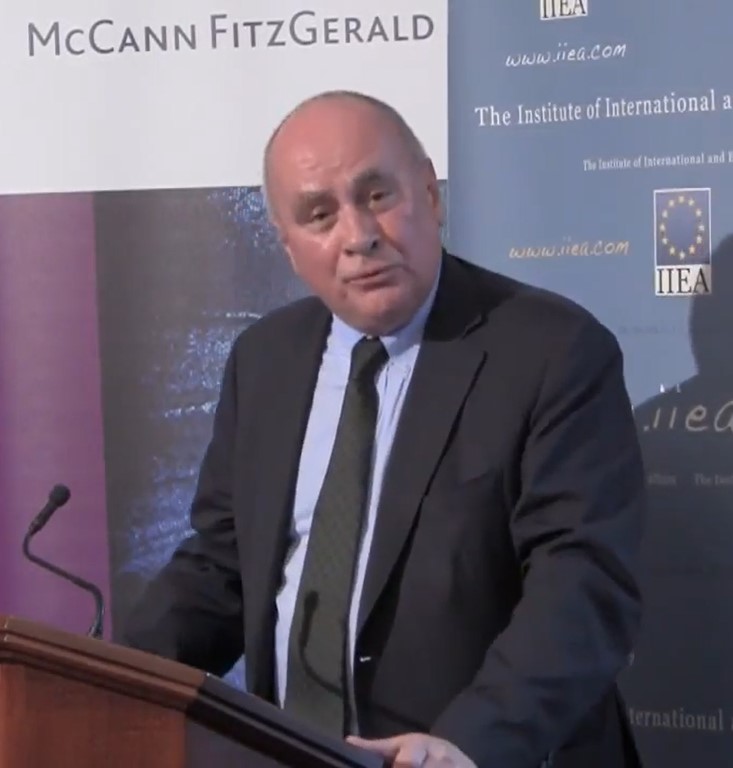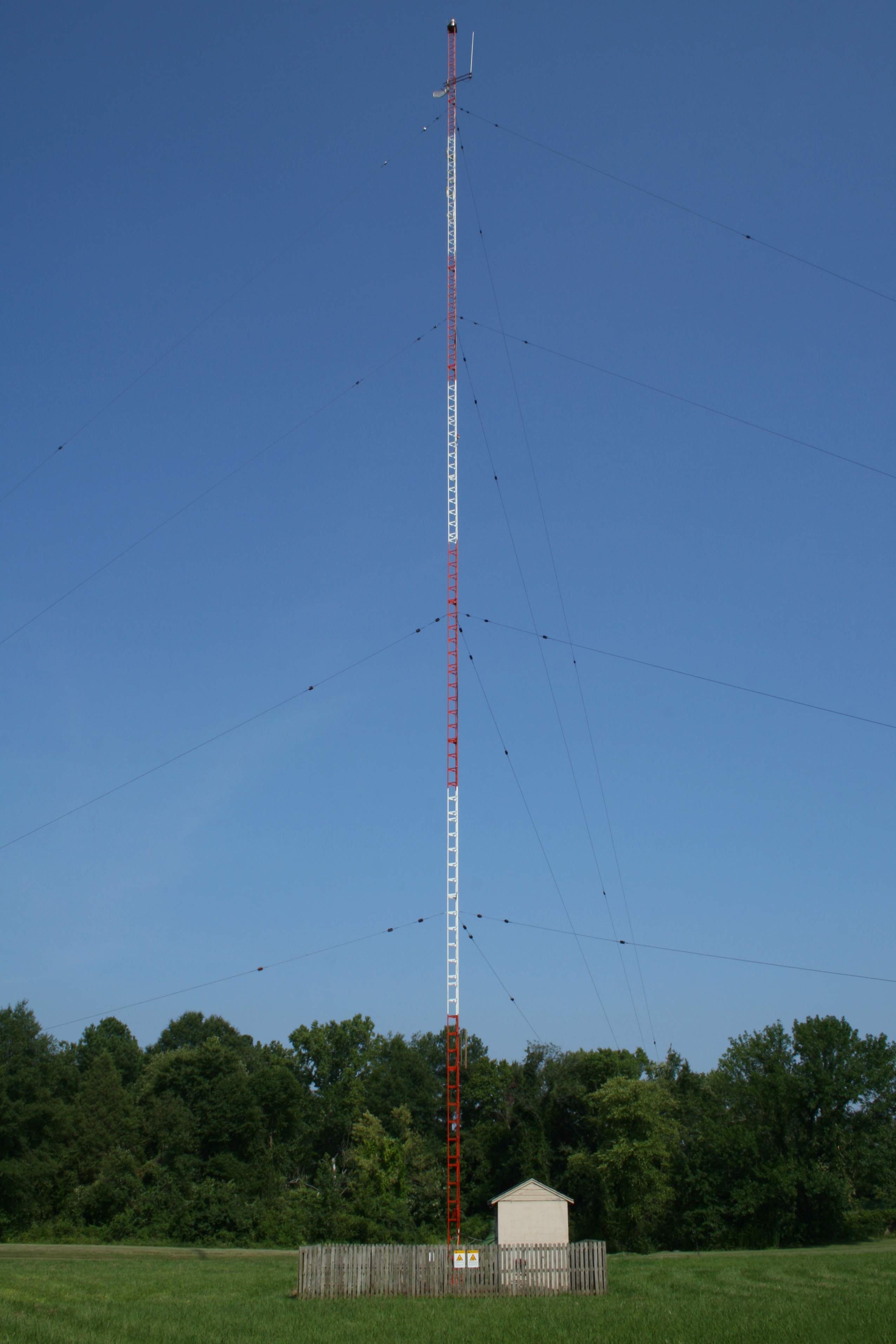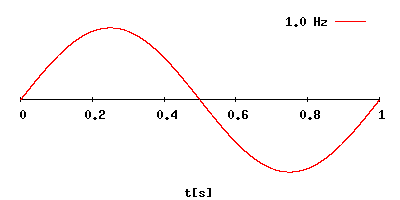|
Absolute Radio
Absolute Radio is a British National radio station owned and operated by Bauer as part of the Absolute Radio Network. It broadcasts nationally across the UK via Digital audio broadcasting and on 1215 kHz MW. History 1993–1997: Virgin Radio launch and early years The Broadcasting Act 1990 allowed for the launch of independent national radio (INR) stations in the United Kingdom. The Radio Authority was mandated to award three INR licences, one of which (INR1) had to be for a "non-pop" station (which was awarded to Classic FM), and one of which had to be for a predominantly speech-based service (this would be advertised later as INR3 and would be awarded to Talk Radio). The remaining licence was to be open to "all-comers". The licences were to be awarded to the highest cash bidder, providing that the applicant met criteria set down in the Broadcasting Act. The second national licence, INR2, would take over the 1197 kHz and 1215 kHz frequencies, which we ... [...More Info...] [...Related Items...] OR: [Wikipedia] [Google] [Baidu] |
Digital Audio Broadcasting
Digital radio is the use of digital technology to transmit or receive across the radio spectrum. Digital transmission by radio waves includes digital broadcasting, and especially digital audio radio services. Types In digital broadcasting systems, the analog audio signal is digitized, compressed using an audio coding format such as AAC+ (MDCT) or MP2, and transmitted using a digital modulation scheme. The aim is to increase the number of radio programs in a given spectrum, to improve the audio quality, to eliminate fading problems in mobile environments, to allow additional datacasting services, and to decrease the transmission power or the number of transmitters required to cover a region. However, analog radio (AM and FM) is still more popular and listening to radio over IP (Internet Protocol) is growing in popularity. In 2012 four digital wireless radio systems are recognized by the International Telecommunication Union: the two European systems Digital Audio Broadc ... [...More Info...] [...Related Items...] OR: [Wikipedia] [Google] [Baidu] |
Absolute Radio 20s
Absolute Radio 20s is a Spin-off (media), spin-off UK-based radio station from Absolute Radio. It launched at 10.00am on 24 February 2020 and operates solely online. It is the seventh decades themed station to be launched by Absolute's owner, Bauer Radio. Presenters include Danielle Perry and Ross Buchanan. The first song to be played on the station was "Instant History (Biffy Clyro song), Instant History" by Biffy Clyro. The station plays rock and alternative music from both emerging and established artists and groups and has the strapline of "new music matters." References External links * {{Decades themed radio stations Absolute Radio Radio stations established in 2020 2020 establishments in the United Kingdom Bauer Radio ... [...More Info...] [...Related Items...] OR: [Wikipedia] [Google] [Baidu] |
Classic FM (UK)
Classic FM (styled as CLASSIC M) is one of the United Kingdom's three Independent National Radio stations and is owned and operated by Global. The station broadcasts classical music and was launched in 1992. Classic FM was the first national classical music station to launch since the opening of BBC Radio 3, 25 years earlier, in September 1967, and 46 years since the opening of Radio 3's predecessor, The Third Programme, in September 1946. Until March 2019, when Scala Radio was launched, it was the only privately-owned classical music radio service broadcasting terrestrially in the UK; it is still, however, the only such service broadcasting on analogue FM radio. , the station has a weekly audience of 4.6million listeners. Overview Classic FM broadcasts nationally on FM, DAB digital radio, Freeview, satellite and cable television and is available internationally by streaming audio over the internet. It is the only Independent National Radio station to broadcast on FM alongsid ... [...More Info...] [...Related Items...] OR: [Wikipedia] [Google] [Baidu] |
Ofcom
The Office of Communications, commonly known as Ofcom, is the government-approved regulatory and competition authority for the broadcasting, telecommunications and postal industries of the United Kingdom. Ofcom has wide-ranging powers across the television, radio, telecoms and postal sectors. It has a statutory duty to represent the interests of citizens and consumers by promoting competition and protecting the public from harmful or offensive material. Some of the main areas Ofcom presides over are licensing, research, codes and policies, complaints, competition and protecting the radio spectrum from abuse (e.g., pirate radio stations). The regulator was initially established by the Office of Communications Act 2002 and received its full authority from the Communications Act 2003. History On , the Queen's Speech to the UK Parliament announced the creation of Ofcom. The new body, which was to replace several existing authorities, was conceived as a "super-regulator" to ov ... [...More Info...] [...Related Items...] OR: [Wikipedia] [Google] [Baidu] |
Broadcasting Act 1990
The Broadcasting Act 1990 is a law of the British parliament, initiated in part due to a 1989 European Council Directive (89/552), also known as the Television Without Frontiers directive. The aim of the Act was to liberalise and deregulate the British broadcasting industry by promoting competition; ITV, in particular, had earlier been described by Margaret Thatcher as "the last bastion of restrictive practices". The act came about after the finding from the Peacock Committee. It led directly to the abolition of the Independent Broadcasting Authority and its replacement with the Independent Television Commission and Radio Authority (both themselves now replaced by Ofcom), which were given the remit of regulating with a "lighter touch" and did not have such strong powers as the IBA; some referred to this as "deregulation". The ITC also began regulating non-terrestrial channels, whereas the IBA had only regulated ITV, Channel 4 and British Satellite Broadcasting; the ITC thus to ... [...More Info...] [...Related Items...] OR: [Wikipedia] [Google] [Baidu] |
Virgin Radio Office London
Virginity is the state of a person who has never engaged in sexual intercourse. The term ''virgin'' originally only referred to sexually inexperienced women, but has evolved to encompass a range of definitions, as found in traditional, modern and ethical concepts. Heterosexual individuals may or may not consider loss of virginity to occur only through penile-vaginal penetration, while people of other sexual orientations often include oral sex, anal sex, or mutual masturbation in their definitions of losing one's virginity. There are cultural and religious traditions that place special value and significance on this state, predominantly towards unmarried females, associated with notions of personal purity, honor, and worth. Like chastity, the concept of virginity has traditionally involved sexual abstinence. The concept of virginity usually involves moral or religious issues and can have consequences in terms of social status and in interpersonal relationships.See her anpages 47 ... [...More Info...] [...Related Items...] OR: [Wikipedia] [Google] [Baidu] |
Medium Wave
Medium wave (MW) is the part of the medium frequency (MF) radio band used mainly for AM radio broadcasting. The spectrum provides about 120 channels with more limited sound quality than FM stations on the FM broadcast band. During the daytime, reception is usually limited to more local stations, though this is dependent on the signal conditions and quality of radio receiver used. Improved signal propagation at night allows the reception of much longer distance signals (within a range of about 2,000 km or 1,200 miles). This can cause increased interference because on most channels multiple transmitters operate simultaneously worldwide. In addition, amplitude modulation (AM) is often more prone to interference by various electronic devices, especially power supplies and computers. Strong transmitters cover larger areas than on the FM broadcast band but require more energy and longer antennas. Digital modes are possible but have not reached momentum yet. MW was the main radio ... [...More Info...] [...Related Items...] OR: [Wikipedia] [Google] [Baidu] |
Hertz
The hertz (symbol: Hz) is the unit of frequency in the International System of Units (SI), equivalent to one event (or cycle) per second. The hertz is an SI derived unit whose expression in terms of SI base units is s−1, meaning that one hertz is the reciprocal of one second. It is named after Heinrich Rudolf Hertz (1857–1894), the first person to provide conclusive proof of the existence of electromagnetic waves. Hertz are commonly expressed in multiples: kilohertz (kHz), megahertz (MHz), gigahertz (GHz), terahertz (THz). Some of the unit's most common uses are in the description of periodic waveforms and musical tones, particularly those used in radio- and audio-related applications. It is also used to describe the clock speeds at which computers and other electronics are driven. The units are sometimes also used as a representation of the energy of a photon, via the Planck relation ''E'' = ''hν'', where ''E'' is the photon's energy, ''ν'' is its f ... [...More Info...] [...Related Items...] OR: [Wikipedia] [Google] [Baidu] |
Digital Audio Broadcasting
Digital radio is the use of digital technology to transmit or receive across the radio spectrum. Digital transmission by radio waves includes digital broadcasting, and especially digital audio radio services. Types In digital broadcasting systems, the analog audio signal is digitized, compressed using an audio coding format such as AAC+ (MDCT) or MP2, and transmitted using a digital modulation scheme. The aim is to increase the number of radio programs in a given spectrum, to improve the audio quality, to eliminate fading problems in mobile environments, to allow additional datacasting services, and to decrease the transmission power or the number of transmitters required to cover a region. However, analog radio (AM and FM) is still more popular and listening to radio over IP (Internet Protocol) is growing in popularity. In 2012 four digital wireless radio systems are recognized by the International Telecommunication Union: the two European systems Digital Audio Broadc ... [...More Info...] [...Related Items...] OR: [Wikipedia] [Google] [Baidu] |
Radio Station
Radio broadcasting is transmission of audio (sound), sometimes with related metadata, by radio waves to radio receivers belonging to a public audience. In terrestrial radio broadcasting the radio waves are broadcast by a land-based radio station, while in satellite radio the radio waves are broadcast by a satellite in Earth orbit. To receive the content the listener must have a broadcast radio receiver (''radio''). Stations are often affiliated with a radio network which provides content in a common radio format, either in broadcast syndication or simulcast or both. Radio stations broadcast with several different types of modulation: AM radio stations transmit in AM ( amplitude modulation), FM radio stations transmit in FM ( frequency modulation), which are older analog audio standards, while newer digital radio stations transmit in several digital audio standards: DAB ( digital audio broadcasting), HD radio, DRM ( Digital Radio Mondiale). Television br ... [...More Info...] [...Related Items...] OR: [Wikipedia] [Google] [Baidu] |
Independent National Radio
Independent National Radio is the official term for the three national commercial radio stations currently or previously broadcasting on analogue radio in the United Kingdom. The two stations currently or previously broadcasting on AM were allocated frequencies previously used by BBC Radio 3 (to be used by INR2) and BBC Radio 1 (to be used by INR3). Background The stations came about following the Broadcasting Act 1990 which allowed for the launch of independent national radio (INR) stations in the United Kingdom. The Radio Authority was mandated to award three INR licences. The FM licence (INR1) had to be for a 'non-pop' station and one (INR3) had to be for a predominantly speech-based service. The remaining licence (INR2) was to be open to 'all-comers'. The licences were to be awarded to the highest cash bidder, providing that the applicant met criteria set down in the Broadcasting Act. INR stations on air * Classic FM (INR1) - 99.9 to 101.9 MHz, first air date 7 September ... [...More Info...] [...Related Items...] OR: [Wikipedia] [Google] [Baidu] |


_-Youth_(1893).jpg)


